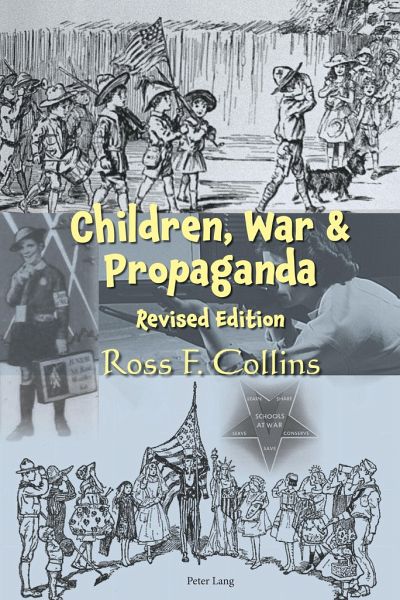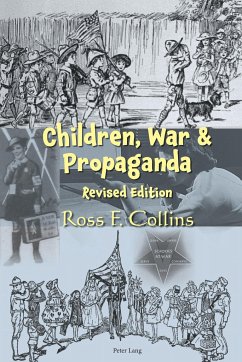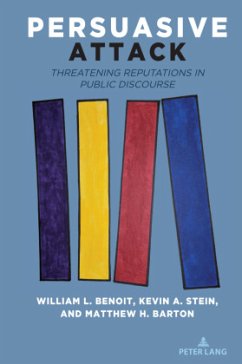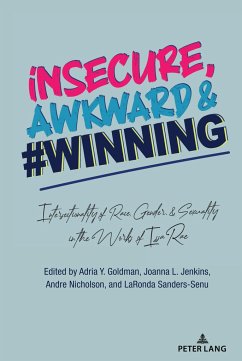
Children, War and Propaganda, Revised Edition
Versandkostenfrei!
Versandfertig in 6-10 Tagen
111,95 €
inkl. MwSt.
Weitere Ausgaben:

PAYBACK Punkte
0 °P sammeln!
A troubling development of the brutal century recently passed has been the growing use of children for war. World War I became the first "total war" of modern times. To engage in war on immense scale authorities believed everyone must participate. That included children. Relentless campaigns of propaganda in both world wars focused special attention on kids. The immense scope of total war grew to dominate children's lives, their daily existence militarized by a world preoccupied by conflict.But we have often ignored wartime contributions of children. What were they expected to do? How were the...
A troubling development of the brutal century recently passed has been the growing use of children for war. World War I became the first "total war" of modern times. To engage in war on immense scale authorities believed everyone must participate. That included children. Relentless campaigns of propaganda in both world wars focused special attention on kids. The immense scope of total war grew to dominate children's lives, their daily existence militarized by a world preoccupied by conflict.
But we have often ignored wartime contributions of children. What were they expected to do? How were they persuaded to do it? How did it contribute to the war? In what ways did it affect their lives? What did they think about that? This history attempts to respond by examining activities of home-front children in the United States during both world wars.
This revised edition considers recent research to extend the discussion of children's experiences in war. It includes an examination of comic books, considers fitness standards, and discusses Boy Scouts and other groups for children. It also moves the work beyond the United States to consider activities of children in twenty-first century wars, as observers and, tragically, as participants.
This fully referenced text is of interest to students of war and childhood. But, it is also written for a general audience interested in how children respond to war. Many Americans experienced war as children, and many others have parents who did. This book is also for them.
But we have often ignored wartime contributions of children. What were they expected to do? How were they persuaded to do it? How did it contribute to the war? In what ways did it affect their lives? What did they think about that? This history attempts to respond by examining activities of home-front children in the United States during both world wars.
This revised edition considers recent research to extend the discussion of children's experiences in war. It includes an examination of comic books, considers fitness standards, and discusses Boy Scouts and other groups for children. It also moves the work beyond the United States to consider activities of children in twenty-first century wars, as observers and, tragically, as participants.
This fully referenced text is of interest to students of war and childhood. But, it is also written for a general audience interested in how children respond to war. Many Americans experienced war as children, and many others have parents who did. This book is also for them.














